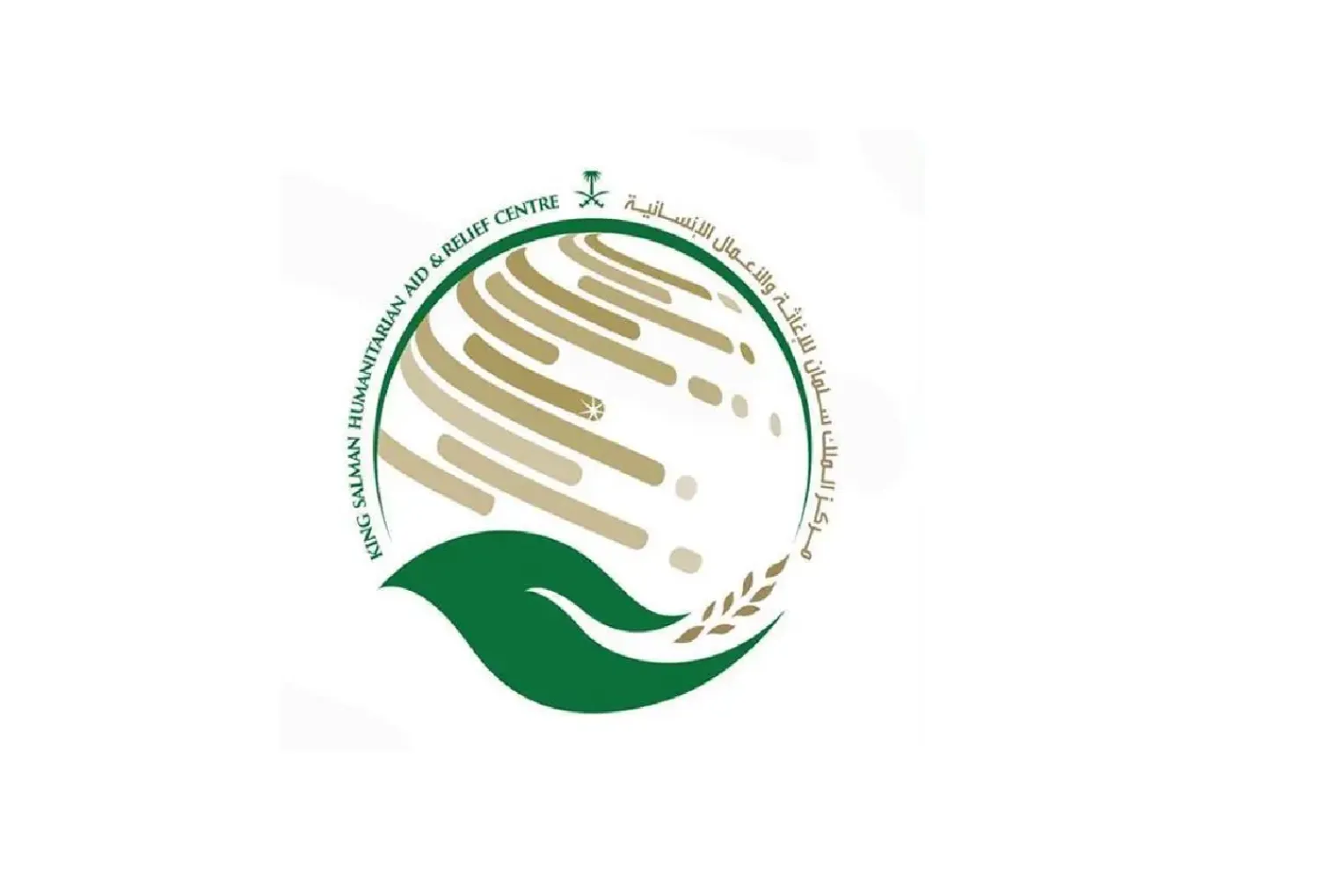The King Salman Humanitarian Aid and Relief Center (KSrelief), in coordination with the Kingdom of Saudi Arabia's embassy in Sudan, relevant government agencies, and its implementing partners, provided urgent relief assistance to those affected by the collapse of Arbaat Dam in Sudan's Red Sea State. The disaster led to heavy losses in lives, infrastructure, and property.
KSrelief is working to provide urgent shelter and food assistance targeting some 6,000 affected individuals, the Saudi Press Agency said.
The aid is part of the center's strenuous and non-stop endeavor to provide multifaceted humanitarian assistance targeting those affected by the ongoing conflict in all states of Sudan.
These efforts come as an extension of Saudi Arabia's usual keenness to stand with the brotherly Sudanese people in the various crises and hardships they face.
KSrelief Provides Urgent Assistance Following Dam Collapse in Sudan


KSrelief Provides Urgent Assistance Following Dam Collapse in Sudan

لم تشترك بعد
انشئ حساباً خاصاً بك لتحصل على أخبار مخصصة لك ولتتمتع بخاصية حفظ المقالات وتتلقى نشراتنا البريدية المتنوعة







